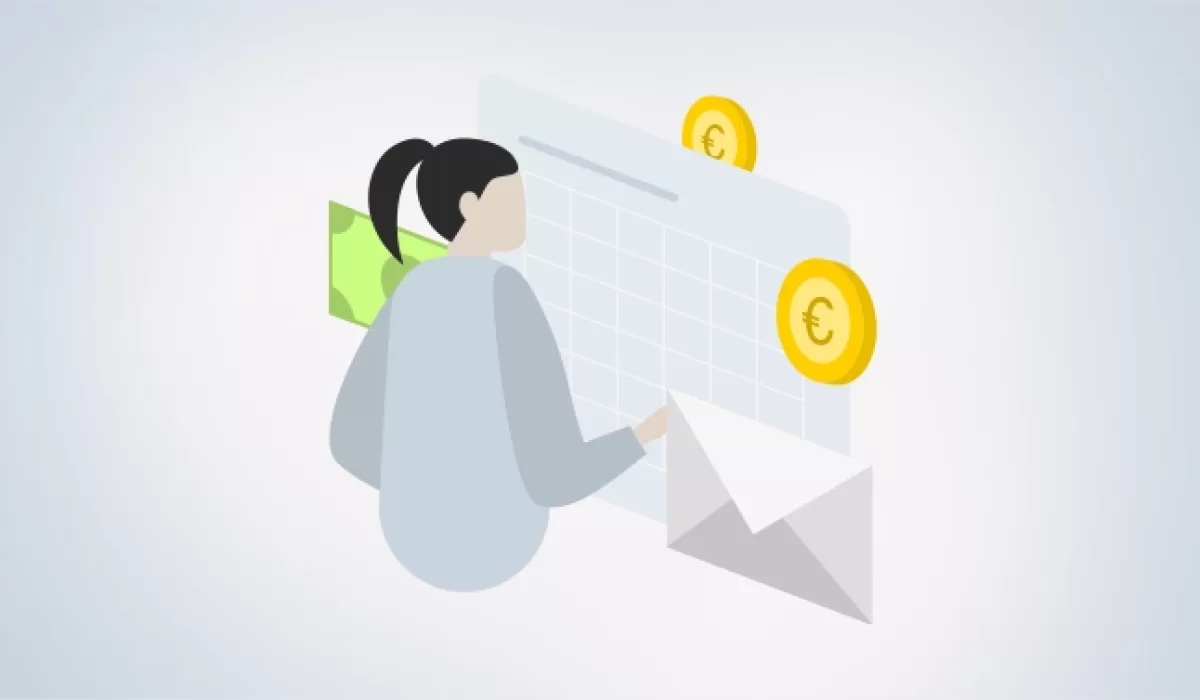In March of 2021, while the world was still trying to navigate staying online, the European Commission introduced a new action plan. Named the Administrative Cooperation in the field of taxation, it was created to ensure fair and simple taxation in the EU. Today we will specifically be looking into the DAC7 rule, which came into effect January 1st of this year and is a big part of tax compliance.
What is DAC7?
DAC7 is a European Union directive aimed at improving tax transparency and closing tax loopholes in the digital economy. It introduces new reporting obligations for digital platforms, requiring them to collect and share detailed information about sellers who earn income through their services. The directive applies to both EU-based and non-EU platforms that facilitate transactions involving EU sellers or customers.
DAC7 is part of the broader EU Directive on Administrative Cooperation (DAC) series, which establishes frameworks for the automatic exchange of tax-related information between EU member states. The goal of these directives is to combat tax evasion, ensure fair taxation, and enhance cooperation among tax authorities across Europe. DAC7 specifically targets the digital economy, where platform-based transactions have often gone underreported, leading to potential tax revenue losses.
The directive officially came into effect on January 1, 2023, meaning that digital platforms must now comply with the new rules by collecting, verifying, and reporting seller information to tax authorities in the relevant EU member states. The first reporting deadline was set for January 31, 2024, covering seller data from the previous year.

Who is Affected by DAC7?
The platforms affected by the reporting obligations are pretty straightforward:
- Rental of immovable property, both residential and commercial. Examples of this would include Airbnb, Peerspace.
- Rental of any mode of transport. For example, Getaround, Outdoorsy.
- Providing personal services. For example, Uber, Bolt, and Wolt.
- Sale of goods. For example, Etsy, Ebay.
It’s worth noting that non-EU companies are still subject to the reporting obligations as long as they operate in the EU member states, have sellers operating or a permanent establishment in the EU member states.
There are also two main exceptions:
- Casual sellers. This means people with fewer than 30 transactions in a year that do not exceed 2000 euros.
- High-frequency real estate renters. So hotel chains or tour operators.
What Data Must be Gathered for DAC7 Compliance?
Platform operators are not only required to collect information regarding the seller (including their name, primary address, and date of birth) but must also authenticate the received data from the seller.
Marketplace operators have the responsibility to compile the following information on their sellers for their tax authority:
- Identity Information: Full name, address, and date of birth.
- EU Member State of Residence.
- Address and land registration number for each property.
- Tax Identification Number (TIN).
- Financial Account Identifier: This may include account identifiers or bank account numbers.
- VAT Identification or Business Registration Number. Note that certain sellers, especially private individuals, may not possess a business registration number.
- Total consideration paid or credited per year.
- Any taxes, commissions, or fees that the marketplace may have withheld annually.
What Information is Reportable Under DAC7?
The DAC7 Directive introduces additional data collection and verification obligations for digital platform operators starting from 2023.
Here are the key data that requires verification:
The seller’s name
Identity verification collects the necessary data and authenticates the seller’s full name, ensuring compliance with DAC7.
The seller’s date of birth
Identity verification addresses this requirement by verifying the seller’s identity information to comply with the DAC7 Directive.
The seller’s address
Address Verification reviews proof of address documents, such as utility bills or bank statements, in alignment with DAC7.
This can be achieved by using a utility bill or bank statement, matching the address with the information on the utility bill or bank statement, alongside the collected seller information.
The seller’s tax information number (TIN)
Identity verification automatically checks the TIN number when filing tax returns or collecting and verifying data to stay compliant with DAC7.
The seller’s VAT identification number
Know Your Business offers a customizable solution, providing various tools in one API to help collect and verify company data automatically.
The seller’s business registration number
Know Your Business verification services automatically collect, scan, and review business registration numbers.
The seller’s financial account identifier
Address Verification can collect and verify the seller’s bank statements, aiding in the verification of sellers’ bank accounts.
Additional Information:
- The seller’s address and land registration number of each property listing.
- The number of days each property listing was rented.
- The seller’s total consideration paid during each quarter.
- Any fees, commissions, or taxes withheld or charged by the platform during each quarter.
All information needs to be provided before the 31st of January, 2024. And before the 31st of January each year going forward.
Additional DAC7 Requirements
Although straightforward on the surface, DAC7 has a few requirements that need to be kept in mind.
- The reporting platform operator is responsible for determining the primary address of the seller.
- The reporting platform operation must also provide all reportable data to the seller prior to submitting it.
- Reporting platform operators must keep the reportable information for five years after the reporting period ends.
- All reportable information needs to be checked by the platform operator before the 31st of January, which is the deadline to submit the data.
Each EU member state provides a method for information reporting. The affected platform operators will only need to report it to one member state.
GDPR and DAC7
Reporting platform operators are still required to comply with GDPR regulations. This means that sellers must be aware of what data is collected and how it will be used. All reportable data is also considered sensitive, private information.

Possible Penalties for Non-compliance to DAC7
Penalties will include fines if all reportable data is not provided by January 31st. If reportable sellers and marketplace providers do not share the data, operators are obligated to send two reminders. Once 60 days have passed, and the data is still not provided, operators must sever ties with the seller and close their accounts.
What Should Affected Platform Operators Do?
This is truly a big change for many digital platforms. Luckily, there are solutions that can do the work for them. Ondato can easily automate the data-collecting process. This will allow platform operators to outsource the additional workload that comes with DAC7. If your company is affected, you first need to make sure you are aware of the deadline for submitting data. Then, figure out how collection and reporting will be achieved.
Last Thoughts
As digital platforms continue to grow, compliance with DAC7 is essential to ensure transparency and proper taxation across the EU. By collecting and verifying seller data, platform operators help prevent tax evasion and maintain regulatory integrity. Non-compliance can lead to serious penalties, making it crucial to report all relevant activity accurately and on time. Businesses must also ensure that the collected data is properly submitted to relevant tax authorities before the January 31st deadline each year. By leveraging automated compliance solutions, platform operators can streamline the process and stay ahead of evolving tax regulations.



